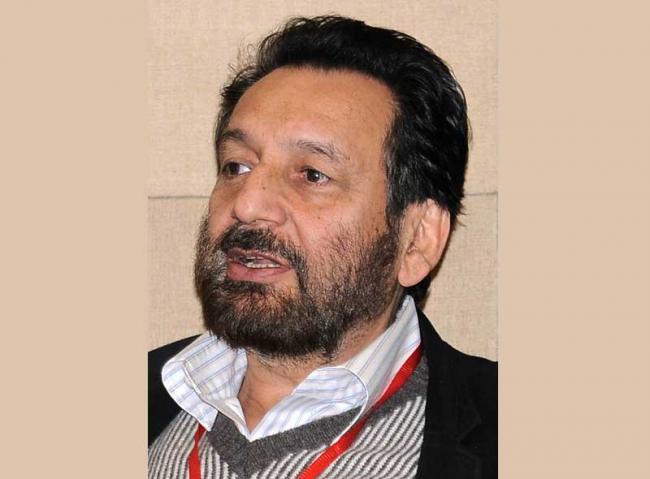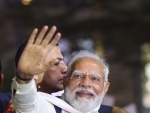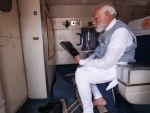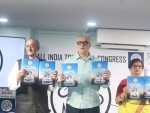
Why don't you call 'British Occupied Ireland': filmmaker Shekhar Kapur asks BBC
New Delhi, Aug 11 (IBNS): Celebrated Indian filmmaker Shekhar Kapur on Sunday criticised British Broadcasting Corporation (BBC) and demanded why it does not call Northern Ireland "British Occupied Ireland" as it describes Jammu and Kashmir as 'India Occupied Kashmir'.
"Hey @BBCWorld .. each time you call #kashmir ‘Indian Occupied Kashmir’ I keep wondering why you refuse to call Northern Ireland ‘British Occupied Ireland’ ?," Kapur tweeted.
Hey @BBCWorld .. each time you call #kashmir ‘Indian Occupied Kashmir’ I keep wondering why you refuse to call Northern Ireland ‘British Occupied Ireland’ ?
— Shekhar Kapur (@shekharkapur) August 11, 2019
A BBC News Press Team tweet, however, clarified its stand and said in a statement: "The BBC stands by its journalism and we strongly refute any claims that we have misrepresented events in Kashmir. We are covering the situation impartially and accurately. Like other broadcasters we are currently operating under severe restrictions in Kashmir but we will continue to report what is happening."
BBC statement on #Kashmir coverage pic.twitter.com/XJfLOrh9nQ
— BBC News Press Team (@BBCNewsPR) August 11, 2019
Kapur, in another tweet, asked Pakistan how the abolotion of Article 370 is a threat to its own security.
And try as hard as I can, and even trying to see it from their point of view, I cannot fathom why Pakistan feels abolition of #Articles370 is a threat to its own security. Can you?
— Shekhar Kapur (@shekharkapur) August 11, 2019
"And try as hard as I can, and even trying to see it from their point of view, I cannot fathom why Pakistan feels abolition of #Articles370 is a threat to its own security. Can you?," he posted.
Developments in Kashmir:
The Bharatiya Janata arty (BJP) government on Monday took away the special status of Jammu and Kashmir by scrapping Articles 370 and 35A.
The government bifurcated Jammu and Kashmir into two Union Territories, Jammu and Kashmir with an assembly and Ladakh without an assembly.
Several Kashmir leaders including former Chief Ministers- Omar Abdullah and Mehbooba Mufti- were kept under detention.
Article 35A of the Indian Constitution allowed the Jammu and Kashmir state's legislature to define “permanent residents” of the state and also provided special rights and privileges to those permanent residents.
Article 370 allowed Jammu and Kashmir to have its own constitution, flag and right to handle its own laws except on matters that impact national security.
The decision, which received support from several opposition parties, also prompted Pakistan to downgrade bilateral trade with India. Calling its neighbour as an "alarmist", India urged Pakistan to reconsider its decision.
Several foreign nations, including key regional players like Afghanistan, have welcomed India's Kashmir move.
Image: Wikimedia Commons
Support Our Journalism
We cannot do without you.. your contribution supports unbiased journalism
IBNS is not driven by any ism- not wokeism, not racism, not skewed secularism, not hyper right-wing or left liberal ideals, nor by any hardline religious beliefs or hyper nationalism. We want to serve you good old objective news, as they are. We do not judge or preach. We let people decide for themselves. We only try to present factual and well-sourced news.







